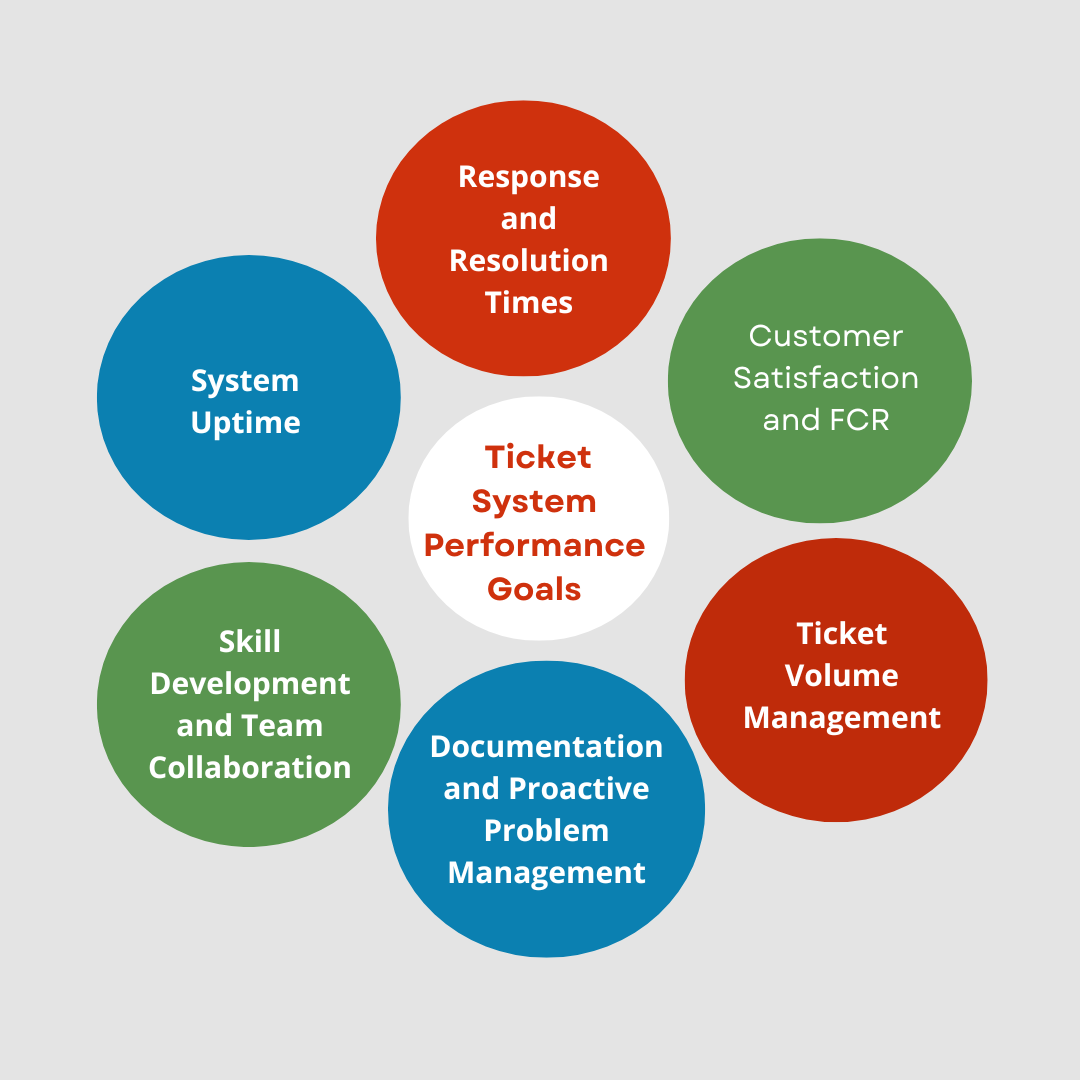1. Define Your Career Goals
The first step in transitioning successfully is to define your career goals. What do you want to achieve in your professional life? Having clear goals allows you to develop a plan and take actionable steps towards achieving them. Without a defined path, it’s easy to get lost or feel unmotivated.
Actionable Tip: Take some time to reflect on what you’re passionate about and where you see yourself in the future. Writing your goals and breaking them them into smaller milestones can help remain focussed and on track.
2. Embrace Discomfort
Leaving your comfort zone is never easy, but it’s a necessary part of growth. The structure and discipline required in a corporate environment can feel restrictive compared to the freedom of campus life. However, this discipline is what will help you build a solid foundation for your career.
Actionable Tip: Start building good habits early. Stick to a routine, plan your day, and prioritize your tasks. This preparation will make the transition smoother.
3. Be Respectful
Respect is a cornerstone of any professional environment. Treat everyone in the workplace with respect, regardless of their position. This includes your colleagues, managers, and clients. Every interaction reflects on you as a professional and helps in building a positive reputation in your career journey.
Actionable Tip: Practice active listening and show appreciation for others’ contributions. Simple gestures like saying “thank you” can go a long way.
4. Develop Strong Work Ethics
As a newcomer, it’s crucial to maintain discipline, meet deadlines, and take

responsibility for your work. Developing strong work ethics early in your career will not only earn you respect but also pave the way for future opportunities in your career growth.
Actionable Tip: Always strive to do your best, meet deadlines, and take accountability for your actions. Consistency in these areas will build your reputation as a reliable professional.
5. Learn to Manage Stress
Corporate life can be stressful, but finding healthy ways to cope is important. Regular exercise, sufficient sleep, and hobbies are essential for maintaining mental and physical health. Effective stress management will help you stay productive and positive.
Actionable Tip: Identify a hobby or activity that you enjoy and make time for it regularly. Whether it’s reading, hiking, or painting, having a stress-relieving outlet is crucial.
6. Start Saving Money
Earning a salary is exciting, but it’s also the right time to start saving for your future. Even small amounts set aside each month can add up over time, providing financial security and peace of mind.
Actionable Tip: Create a budget and stick to it. Set aside a fixed percentage of your salary for savings before spending on other things.
7. Utilize Technology
The corporate landscape heavily relies on technology. The tech skills you developed during your education are valuable assets in the workplace. Make the best use of these skills to enhance your productivity and efficiency.
Actionable Tip: Stay updated with the latest technological trends and tools in your field. Continuous learning and adapting to new technologies will keep you relevant and competitive.
8. Seek Out a Mentor
A mentor can provide guidance, support, and valuable insights as you transition to corporate life. Look for someone with experience in your field who you admire. A mentor can help you navigate the corporate environment and avoid common pitfalls.
Actionable Tip: Build a professional network and seek out potential mentors. Don’t hesitate to reach out and ask for their guidance.
9. Observe the Corporate Culture
Every organization has its unique culture. Understanding how things work and how people interact will help you fit in and succeed. Observing the corporate culture will also help you understand the unwritten rules and expectations.
Actionable Tip: Pay attention to how your colleagues behave, dress, and communicate. Adapt your behavior accordingly while staying true to your values.
Conclusion
The transition from college to corporate life is a process that takes time and effort. Embrace the challenges and discomfort as opportunities for growth. You have to be patient, and seek help when needed. By following these tips, you can navigate this change successfully and build a strong foundation for a rewarding career.
Remember, every successful professional started where you are now. With determination, discipline, and the right mindset, you can achieve your career goals and thrive in the corporate world.




